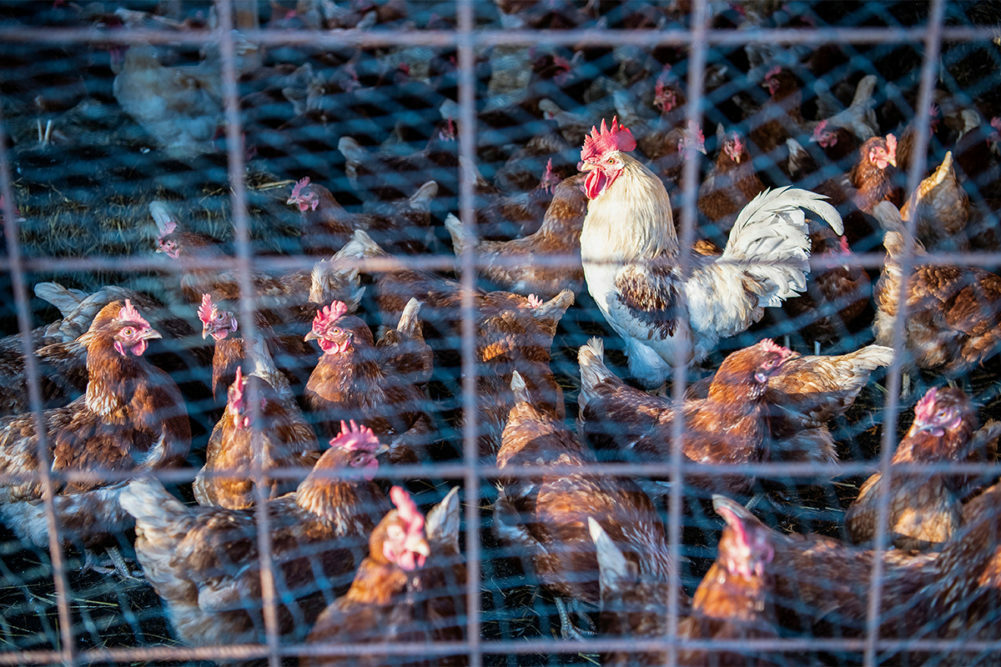
Poultry flock in Virginia faces the state's first commercial HPAI outbreak
WASHINGTON – On Jan. 19, the Virginia Department of Agriculture and Consumer Services (VDACS) confirmed the first commercial poultry flock with highly pathogenic avian influenza (HPAI) in Rockingham County.
Samples from the Virginia flock were tested at the VDAC Regional Animal Health Laboratory in Harrisonburg. The samples from the flock were also tested at the Iowa State University Veterinary Diagnostic Laboratory, both part of the National Animal Health Laboratory Network.
Numbers from the Animal and Plant Health Inspection Service (APHIS) of the US Department of Agriculture showed that about 25,300 birds were affected by the outbreak.
VDACS said it is working closely with the Virginia Poultry Federation and USDA APHIS on a joint incident response.
“Poultry is the Commonwealth’s top agricultural commodity and protecting this industry remains our top priority,” said Joseph Guthrie, commissioner of VDACS. “We will continue to work with the Virginia Poultry Federation, and other industry partners, to ensure strict biosecurity protocols are in place for Virginia poultry producers and poultry products that are shipped in and out of the state.”
On Jan. 20, the Tennessee State Veterinarian reported HPAI in a commercial broiler chicken flock at a farm in Weakley County.
The report by the state said that, following a sudden spike in bird deaths, lab tests confirmed the presence of H5N1 highly pathogenic avian influenza.
Since September 2022, HPAI cases have been found in domesticated chickens, geese, ducks and turkeys in Bledsoe, Davidson, Obion, Tipton and Weakley counties. HPAI has also been found in wild birds, including ducks, geese, vultures and eagles in Tennessee.
“Unfortunately, HPAI continues to spread to farms of all sizes,” said Samantha Beaty, DVM, Tennessee’s state veterinarian. “There have been four previous detections in Weakley County affecting backyard flocks. It’s apparent this disease remains a threat to the poultry industry. We want bird owners to know that their consistent practice of thorough biosecurity measures is the best way to protect the health of their flocks.
“Introduction of this disease can be from wild birds gathering on your property or you can carry it into your flock if you are not wearing clean shoes and clothing.”
Information from APHIS concluded that about 268,800 birds were affected by this outbreak.
